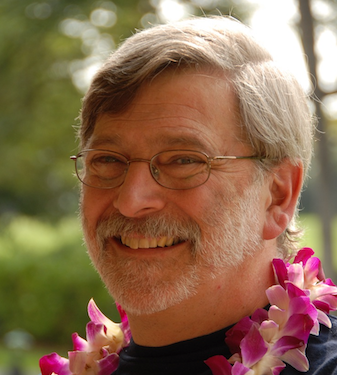Scientists are humans
10 Jul 2025
My friends know that I try to look objectively at the available evidence when forming opinions or making decisions. (I didn’t include beliefs in that sentence because the evidence suggests that our beliefs are generally things that come into existence without much - or any - conscious intent.) This was a pattern for me as early as I can remember, but medical training and especially medical practice certainly contributed to my approach.
I’ve had to cope with two contexts where my evidence-driven approach to life is challenged.
First, and most common, is the setting where there is either no evidence, poor evidence, or conflicting evidence. When this happens, I try to use common sense and intuition, recognize that my perspective is based on an insubstantial foundation, and maintain flexibility and a willingness to change my mind. This was surprisingly (to me) common in medical practice. (We have all known doctors who were always certain but only sometimes right.)
Second, and more challenging for me personally, are the times I find myself in the midst of a comforting but magical ritual. Two examples are the following. Before a long car trip, I walk around the car and kick the tires to ward off blowouts and flats. When I travel, I wear a nylon multicolored wristlet that I found on a hiking misadventure: Itook a wrong turn which added 8 miles of walking in torrential rain to my route to shelter. The wristlet is comforting because it symbolizes a successful outcome despite unplanned mishaps. I have been doing both of these for a long time, measured in decades. I *know* the comfort they provide represents magical thinking. And yet, they still provide comfort. I have learned to think of rituals like this (I have others) less as a failure of my objectivity and more as evidence that I am human.
I was delighted the other day to read a piece by Jess Steier that validated my approach to the role of magic for comfort.
Links to more on this topic:

